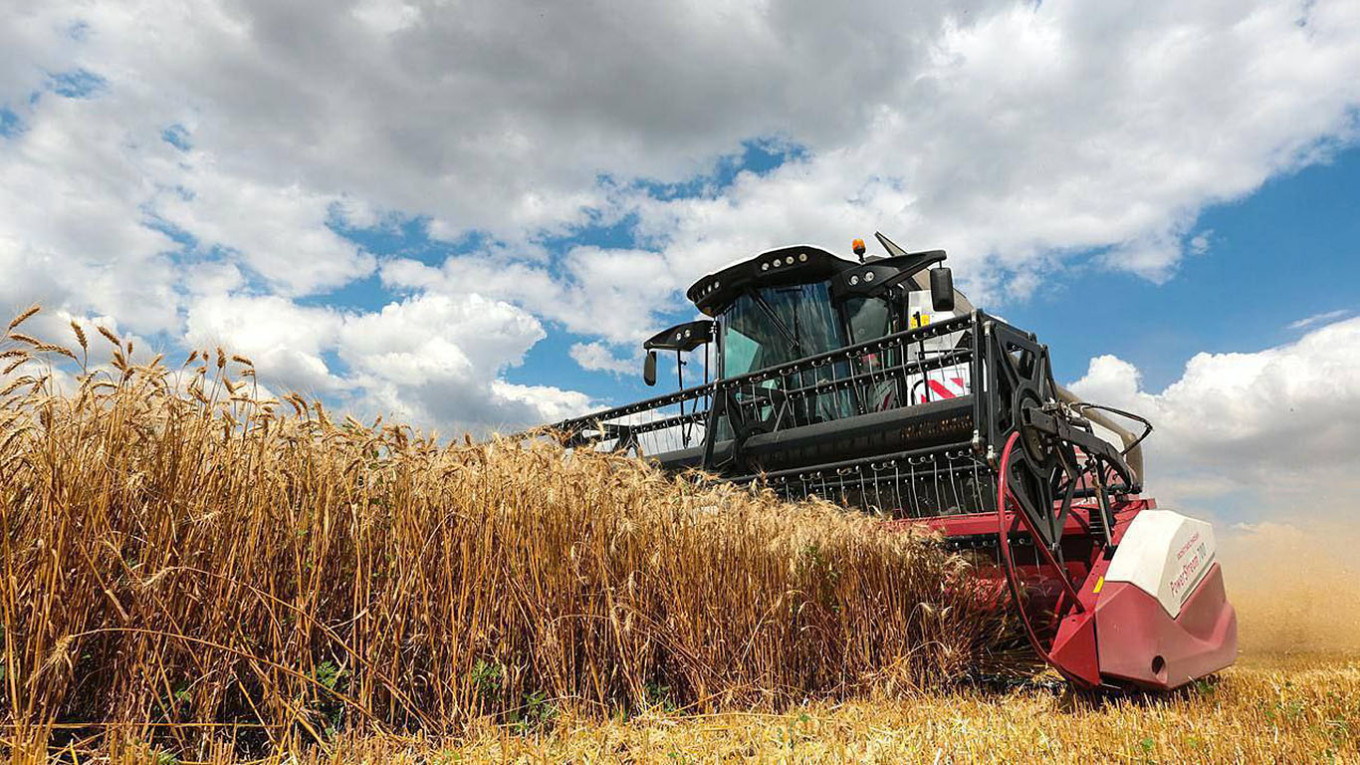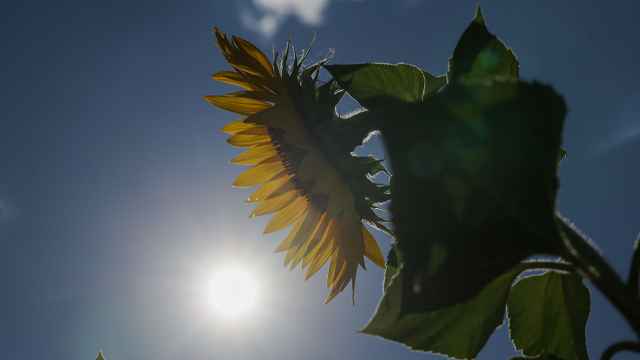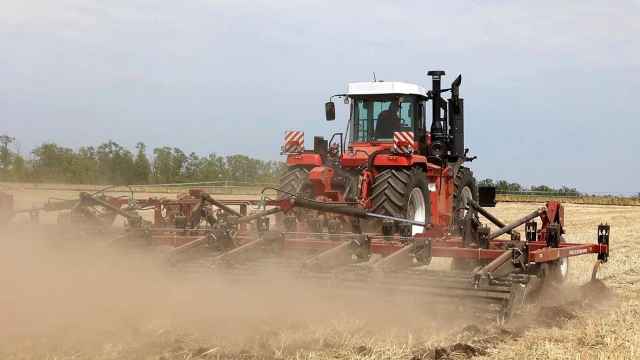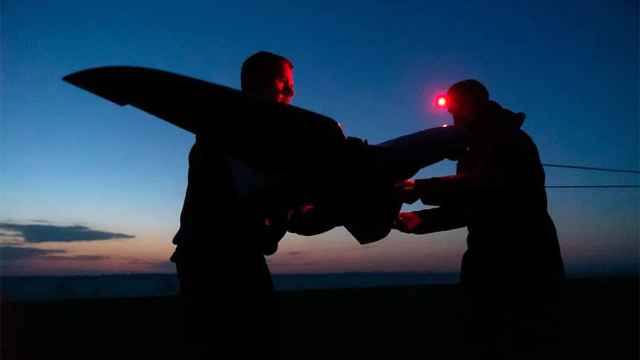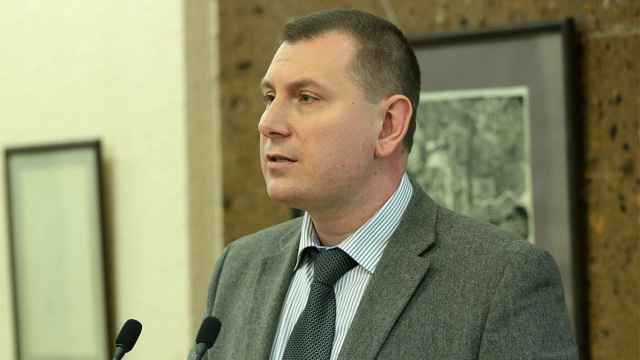Russia’s southern Rostov region, which accounts for roughly 10% of Russia’s national wheat output, has declared a federal-level agricultural emergency level after being hit by spring frosts and its worst summer drought in years.
The state of emergency allows farmers to seek government assistance and signals that harvest projections are at risk of not being met.
Rostov region Governor Yury Slyusar wrote on Telegram Saturday that he had discussed the situation with President Vladimir Putin and Agriculture Minister Oksana Lut “in detail at the highest level.”
Slyusar said the most immediate result of declaring a federal-level emergency was increasing the limits on preferential loans, while extending the nearly 300 existing loans for farms would be the next challenge.
The sharply contrasting weather conditions have damaged or destroyed 1 million hectares (2.5 million acres) of the Rostov region’s crops this year, according to government estimates. Federal authorities place the damages at 4 billion rubles ($48.2 million).
A frost-related emergency has been in place in parts of the Rostov region since May, and a drought-related emergency since June.
Local officials anticipate the Rostov region’s harvest will be the smallest in a decade, with volumes potentially down 20% year-on-year.
The Rostov region is expected to cede its position as Russia’s top wheat-producing region to the neighboring Stavropol region for the first time since 2015, Reuters cited the Sovecon consultancy as saying.
The frequency and intensity of droughts across the globe are increasing due to the burning of fossil fuels and other human activities that release greenhouse gases, according to climate scientists.
A Message from The Moscow Times:
Dear readers,
We are facing unprecedented challenges. Russia's Prosecutor General's Office has designated The Moscow Times as an "undesirable" organization, criminalizing our work and putting our staff at risk of prosecution. This follows our earlier unjust labeling as a "foreign agent."
These actions are direct attempts to silence independent journalism in Russia. The authorities claim our work "discredits the decisions of the Russian leadership." We see things differently: we strive to provide accurate, unbiased reporting on Russia.
We, the journalists of The Moscow Times, refuse to be silenced. But to continue our work, we need your help.
Your support, no matter how small, makes a world of difference. If you can, please support us monthly starting from just $2. It's quick to set up, and every contribution makes a significant impact.
By supporting The Moscow Times, you're defending open, independent journalism in the face of repression. Thank you for standing with us.
Remind me later.


